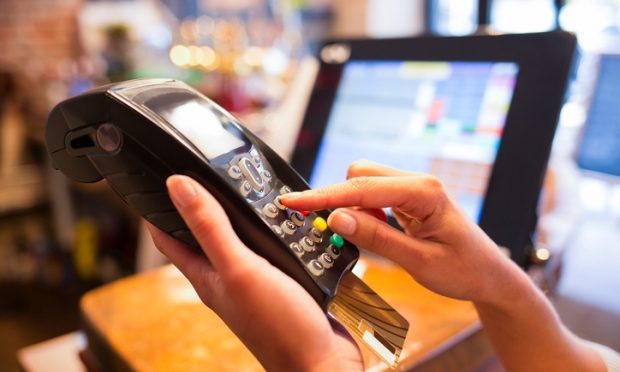UK inflation rises to 0.5% after EOTHO ends

UK inflation for the month of September increased to 0.5% after the end of the Government’s Eat Out to Help Out scheme pushed up prices, according to the latest figures from the ONS.

Join 15,000 retail professionals with a membership
Get unlimited access and stay in the know. First-year special offer pricing. Cancel any time.
You have read 2/2 free articles this month.

How many members should have access to the subscription?
Monthly
Yearly
Save £9.89
No, thanks
I already have an account

UK inflation for the month of September increased to 0.5% after the end of the Government’s Eat Out to Help Out scheme pushed up prices, according to the latest figures from the ONS.